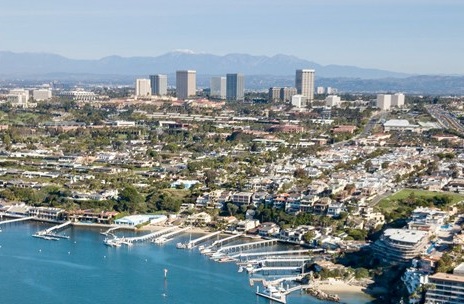California air regulators are set to vote Thursday on landmark rules to ban the sale of all new gasoline-powered cars, SUVs, minivans, and pickups in the state from 2035.
While these regulations would be one of the most far-reaching environmental laws in California in recent decades, there are a number of challenges that need to be addressed including the cost of new electric vehicles and the availability of charging stations.
The first-in-the-nation rules, intended to reduce greenhouse gas emissions and smog, won’t prohibit gasoline-powered cars already on the road. Nor will they ban the sale of used ones after 2035.
Nevertheless, they will require 35% of all new passenger vehicles that automobile companies offer for sale in California from 2026 to be zero-emission — basically electric, plug-in hybrid or fuel cell — ramping up to 68% by 2030 and 100% by 2035.
Passenger vehicles represent 29% of California’s greenhouse gas emissions, which is more any other source.
The new rules will reduce greenhouse gas emissions by 50% from cars and light trucks by 2040.
California is the nation’s prominent electric vehicle market. So far this year, 16% of all new cars or one in six, sold in California are electric.
The two top-selling passenger cars are both electric: Tesla Model 3 and Tesla Model Y.


